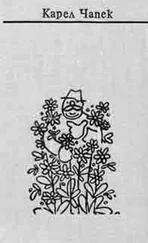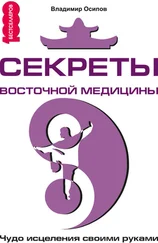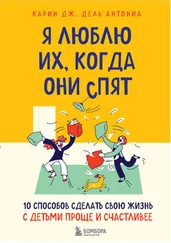8) Мария всегда занята какими-то интересными делами.
Mary is always busy with some interesting things.
9) Мне не нравится этот стол. Продай его.
I don’t like this table. Sell it.
10) Почему ты никогда не звонишь мне?
Why do you never phone me?
Глава 12
Упражнение 2
Посмотрите на картинки и скажите, что эти люди умеют
делать. Используйте модальный глагол can
1) The girl can swim.

2) The children can jump.

3) These people can dance under the rain.

4) The woman can cook.

5) The girl can paint.

Упражнение 3
Сформулируйте вопросы, используя модальный глагол can
и подсказки
Пример: credit card \ pay – Can I pay by credit card?
1) my keys \ have – Can I have my keys?
2) glass of juice \ drink – Can I drink a glass of juice?
3) question \ you \ ask – Can I ask you a question?
4) introduce \ people \ me \ to these – Can you introduce me
to these people?
5) go \ now \ home – Can I go home now?
6) open \ door – Can I open the door?
7) do \ myself \ the project – Can I do the project myself?
8) use \ mobile phone \ your – Can I use your mobile phone?
9) book \ the room – Can I book the room?
10) show \ my pictures \ you – Can I show my pictures to you?
Упражнение 4
Используя глагол must, опишите свои обязанности на работе

I must be in the office at 9 a.m.
I must answer the phone.
I must talk to the clients.
I must check email.
I must prepare reports.
I must control managers’ work.
I must not be lazy.
I must organize my boss’s day.
Упражнение 5
Преобразуйте следующие предложения в вопросы
1) Bob could play chess when he was a student. – When could
Bob play chess?
2) I think they may come in three hours. – What time do you
think they may come?
3) You can come to see me any time you wish. – Can you come
to see me?
4) The children should eat less chocolate. – Why should the
children eat less chocolate?
5) Helen must prepare a report every day. – How often must
Helen prepare a report?
6) He had to go home on foot. – Why did he have to go home
on foot?
7) These people may know you. – May these people know you?
8) We have to sell this bicycle. – What bicycle do we have
to sell?
9) My best friend must go on a business trip next week. – Must
my best friend go on a business trip next week?
10) Linda has to study hard if she wants to succeed. – Why
does Linda have to study hard?
11) They should do more sport. – Should they do more sport?
12) His brother should be politer. – Whose brother should be
politer?
Упражнение 6
Образуйте отрицательные предложения из суждений,
которые даны в предыдущем упражнении
1) Bob couldn’t play chess when he was a student.
2) I think they may not come in three hours.
3) You cannot come to see me any time you wish.
4) The children shouldn’t eat less chocolate.
5) Helen mustn’t prepare a report every day.
6) He didn’t have to go home on foot.
7) These people may not know you.
8) We don’t have to sell this bicycle.
9) My best friend mustn’t go on a business trip next week.
10) Linda doesn’t have to study hard if she doesn’t want
to succeed.
11) They shouldn’t do more sport.
12) His brother shouldn’t be politer.
Упражнение 7
Расскажите о своих планах на вечер, завтра, предстоящие
выходные, используя модальный глагол may

Tonight I may go for a walk and visit my relatives. I may watch
a film.
Tomorrow I may have a rest and go to the country.
This weekend I may go to the beach.
Упражнение 8
Вставьте подходящий модальный глагол в пропуски – must
или have to
1) They must receive a visa if they want to have a holiday
in China.
2) There was no bus. So I had to go by taxi.
3) You have to do all the tasks if you are dreaming about
promotion.
4) Must I print these documents today?
5) She must polite if she doesn’t want to lose a job.
6) Children must listen to their parents.
7) Where is your scarf? – I had to give it to Melanie. It was very
cold.
8) All teachers must get proper education to work at school.
9) He didn’t want to help me. I had to go to the police myself.
10) Nobody told her the news. We had to do it ourselves.
Упражнение 9
Переведите следующие предложения на английский язык.
Будьте внимательны, используя времена
А)
Моя сестра всегда готовит ужин в 6 часов вечера.
My sister always cooks dinner at 6 o’clock in the evening.
Вчера моя сестра приготовила ужин сама.
Yesterday my sister cooked dinner herself.
Моя сестра готовит сейчас ужин.
My sister is cooking dinner now.
Моя сестра никогда не готовила ужин раньше.
My sister has never cooked dinner before.
Моя сестра собирается готовить ужин через час.
My sister is going to cook dinner in an hour.
Где сейчас моя сестра?
Where is my sister now?
Возможно, моя сестра сегодня приготовит ужин.
Читать дальше
Конец ознакомительного отрывка
Купить книгу
















